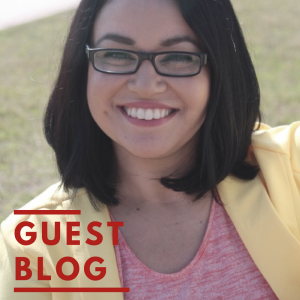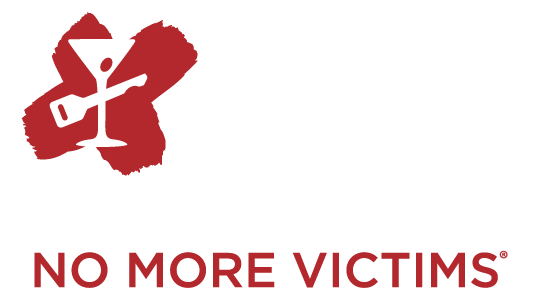Guest Blogger: A Balanced Wheel
HOW TO DEVELOP A WELL BALANCED WHEEL
By Courtney Faunce
Upon each stage of human development, individuals look for the best ways to achieve ultimate health, happiness, and wellness. For some, this means building a strong social support network. Others may find themselves on a spiritual journey to discover peace and meaning. To many wellness is measured by financial stability and security. It is through genuine self-reflection that we are able to identify what we need in our lives in order to achieve our wellness goals.
However, we often become caught up with the course of daily life, peer pressures, and external stress. Sometimes things get in the way of this important process of self-reflection. So, take the time right now to read this article and examine your wellness, appreciate your strengths, and identify areas to build upon.
According to the latest research in comprehensive wellness, there are eight dimensions of wellness. Here are some brief examples of each:
Emotional: Your sense of internal regulation of feelings, effectively expressing emotions, managing stress, utilizing healthy coping skills, engaging in positive self-talk, self-acceptance, and authenticity.
Spiritual: Understanding your own moral compass, world view and beliefs, guiding principles and personal values, and sense of peace, meaning, and purpose.
Environmental: Your sense environmental consciousness, where you spend the most time, your community, workplace, home, room, and even the car you drive.
Financial: Your sense of financial health, conscious spending and saving of money and resources, financial planning as well as being an educated consumer today.
Intellectual: Your commitment to life learning, open-mindedness towards new ideas, learning about other cultures, politics, outside perspectives, discovering what interests you, practicing creativity, and engaging in mentally stimulating conversations.
Occupational: Career development, achieving an education, using your unique skillset to contribute to the greater society, discovering ways to align your values, interests, aptitudes, achievement, and future goals.
Physical: Your biological health, eating healthy, exercise, movement, regular sleeping pattern, practicing preventative health care, managing dental, vision, sexual, brain and mental health, access to professional care as needed.
Social: Your relationships, effective and assertive communication styles, maintaining healthy boundaries, spending time with friends, family, loved ones, receiving support and being supportive, building authentic connections.
It is helpful to think of these eight dimensions on a wheel or pie chart. Ideally, ultimate wellness would evenly incorporate each dimension. However, it is more probable that each of these sections will vary in proportion throughout life’s twists and turns. As you self-reflect, some important questions may be:
What does my wellness wheel look like?
How do each of these dimensions make up my comprehensive wellness?
What dimensions are my strongest right now?
How does my wheel match my dreams and future goals?
What dimensions do I hope to further develop?
What dimension can I focus on?
Within a specific dimension, what realistic and measurable tasks will I commit to this week?
 Courtney Faunce is a Registered Mental Health Counselor Intern IMH16553 maintaining supervision with Suzanne Kaye, LMHC MH 7471. Courtney graduated from the CACREP accredited program at Florida Gulf Coast University with a Master’s in Clinical Mental Health Counseling. She completed her undergraduate studies at Florida State University with a Bachelor of Science degree in Psychology and Sociology. Courtney served as a 211 Big Bend crisis counselor as well as the Family Health Line (1-800-451-2229). Among her academic focus, Courtney completed studies in Medical Epidemiology, Social Psychology, and Social Justice.
Courtney Faunce is a Registered Mental Health Counselor Intern IMH16553 maintaining supervision with Suzanne Kaye, LMHC MH 7471. Courtney graduated from the CACREP accredited program at Florida Gulf Coast University with a Master’s in Clinical Mental Health Counseling. She completed her undergraduate studies at Florida State University with a Bachelor of Science degree in Psychology and Sociology. Courtney served as a 211 Big Bend crisis counselor as well as the Family Health Line (1-800-451-2229). Among her academic focus, Courtney completed studies in Medical Epidemiology, Social Psychology, and Social Justice.
Courtney is a mental health clinician at Lifescape Counseling Services, LLC, a private practice agency located in central Ft. Myers, Florida. She specializes in working with young adults and families utilizing Cognitive Behavioral Therapy (CBT) practices with a humanistic client-centered approach. Each month Courtney facilitates a therapy group centered around topics such as Conquering Depression and Anxiety, Student-Life Balance, Women’s Empowerment, and Trauma Resiliency.
For more information please click the link to our agency website: www.lifescapecounselingservices.com.
